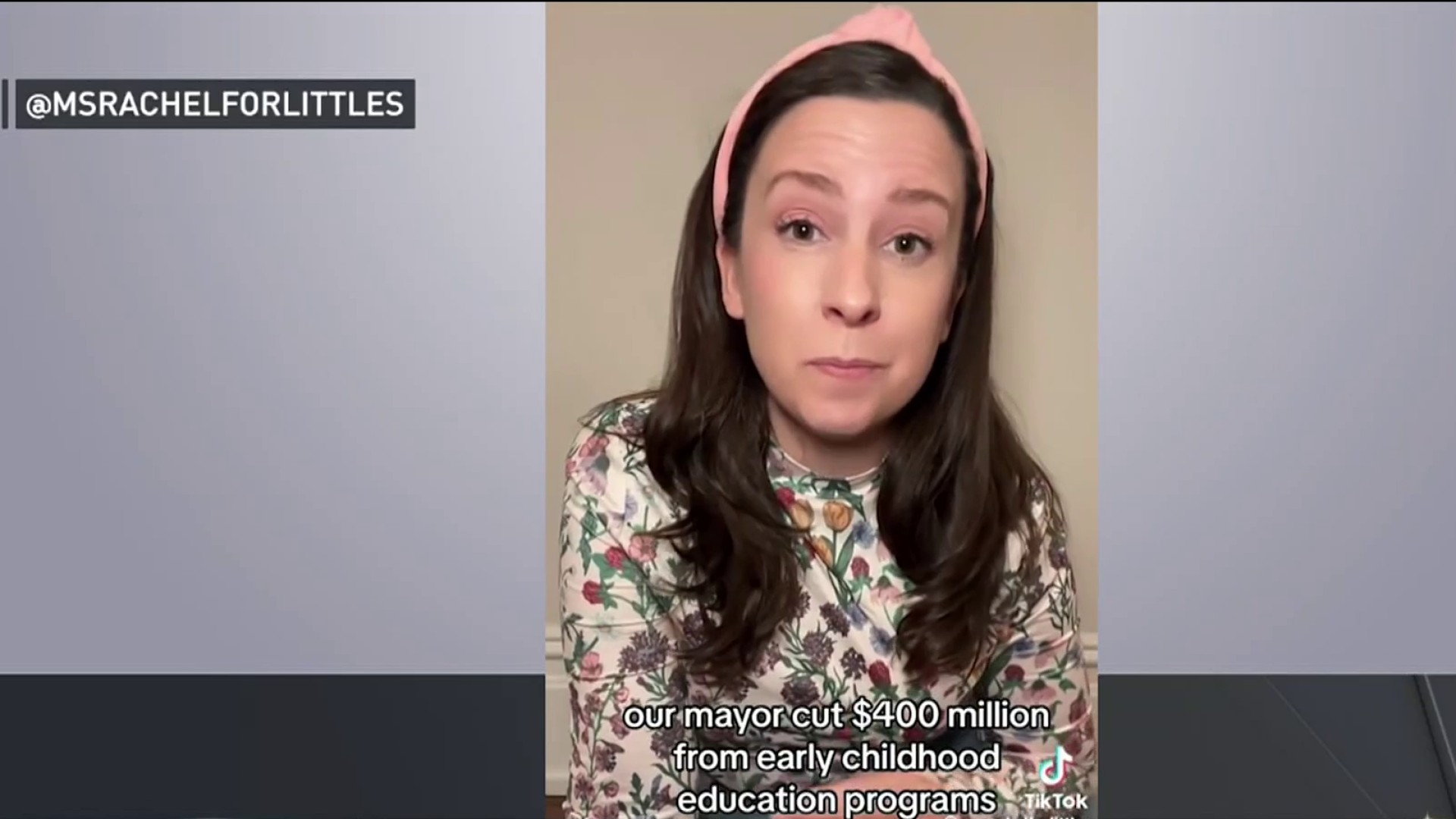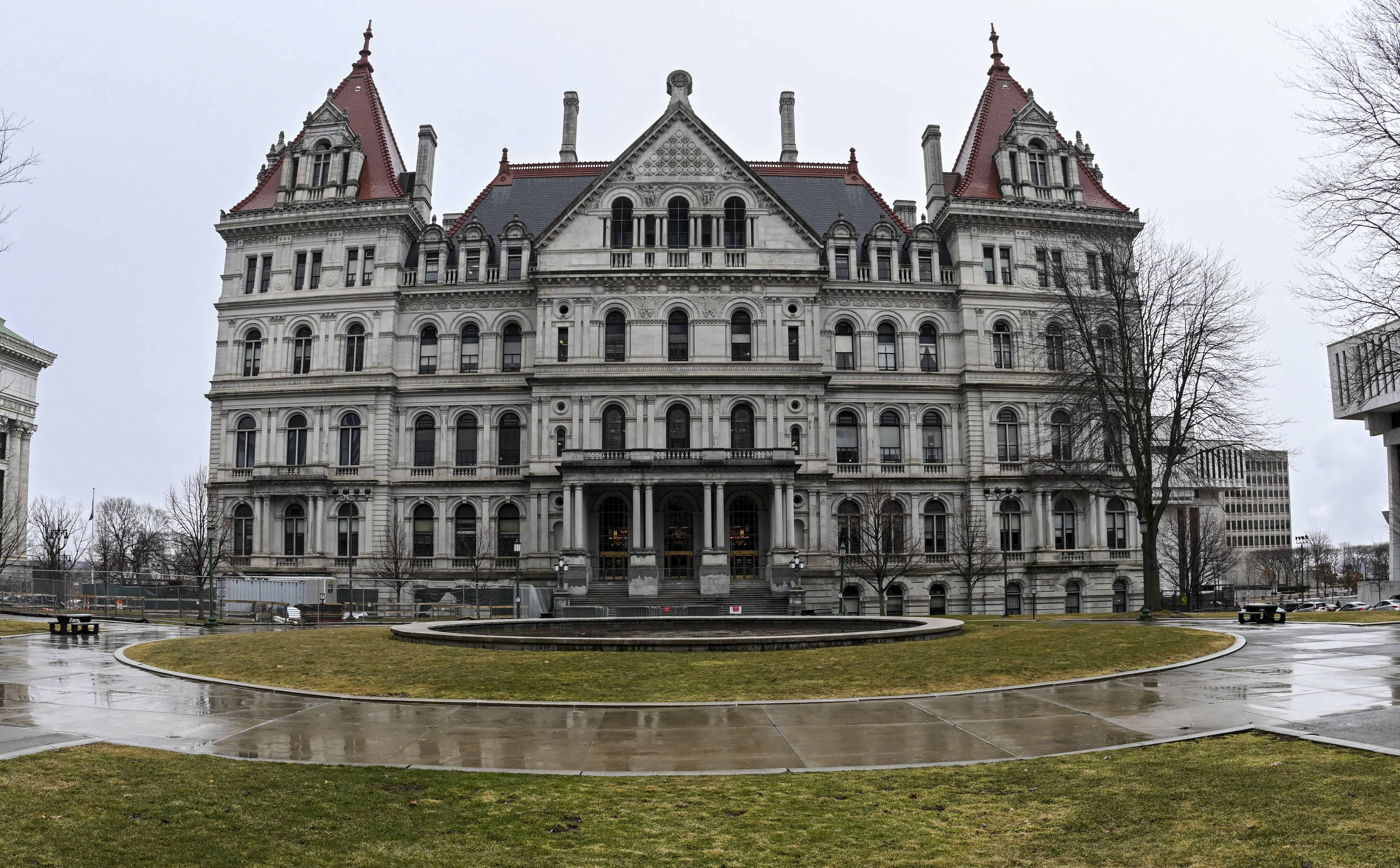Across the country, more than a dozen major meat processing plants have stopped or slowed production after becoming COVID-19 hotspots — the ramifications of which may soon be seen on grocery store shelves.
At some plants in Indiana and Wisconsin, one in five workers tested positive for coronavirus. For the plants that have remained open, staffing shortages — even with offers of pay raises and bonuses — are limiting how much meat can get processed each day.
One worker at processing plant said she usually works alongside her dad, but now he's been diagnosed with COVID-19. And she said the cash add-ons aren't enough to get her to go back to work.
"Four dollars extra and a $600 bonus? I'm sorry, but it's not worth my life," said Crystal Rodriguez.
Even with President Trump signing an executive order Tuesday that will classify meat processing as critical infrastructure — a move designed to keep beef, pork and chicken on supermarket shelves — those shutdowns and slowdowns will soon be felt by consumers looking to feed their families.
Industry leaders are warning shoppers that shortages could start to be felt in a matter of days. In Yonkers, the head of Stew Leonard's supermarket chain believes there is about a 30 percent reduction at the packing plants.
Leonard said meats that will be in short supply will be those that Americans tend to buy the most. "The big demands are obviously Porterhouse steaks, ground beef is very big, ribeye steaks, strip steaks and chicken breasts," he said.
Local
Back in mid-March, seeing empty meat shelves at stores became common as consumers began hoarding supplies with the shutdown impending or in its very early stages. With nearly a third fewer meat products being processed and packed at plants, there's a decent chance shelves could look like that again as soon as the end of this week — at least for a little while.
"It's temporary. I would strongly say don't panic. This is not a time to panic right now," Leonard said. "This will be corrected within the next week or two."
With many restaurants closed, Leonard said that the meat products that would typically be bought up by them will now go to the consumer, helping reduce the demand and keep store shelves at least slightly more stocked.



